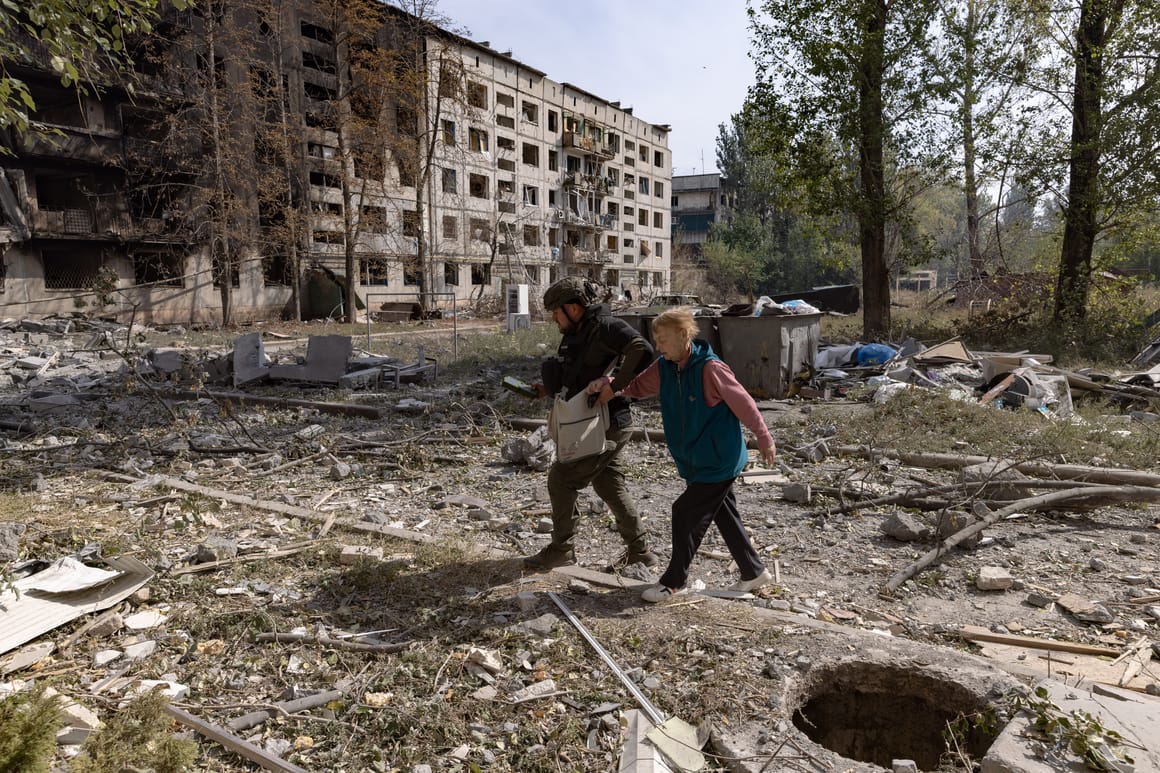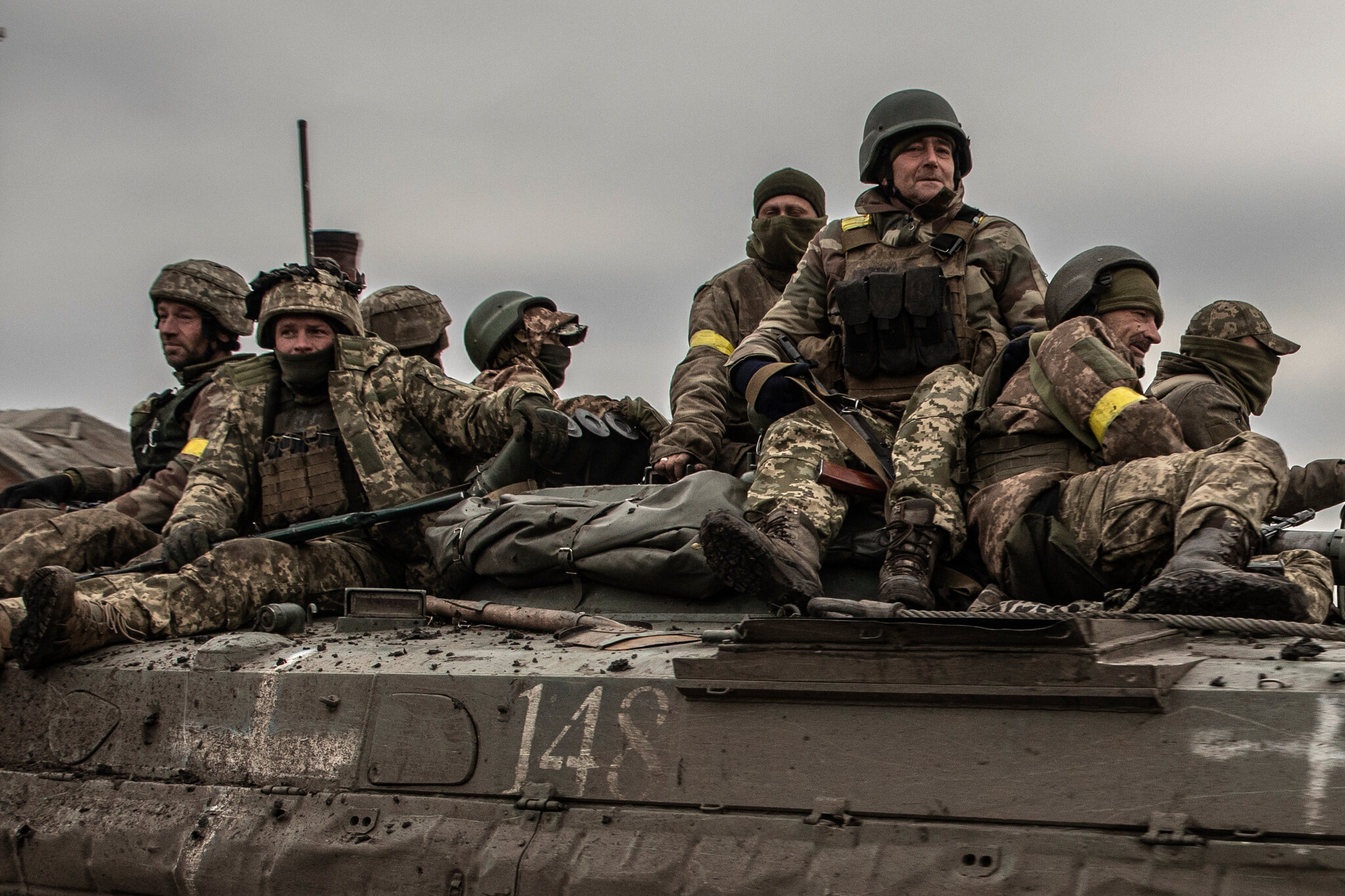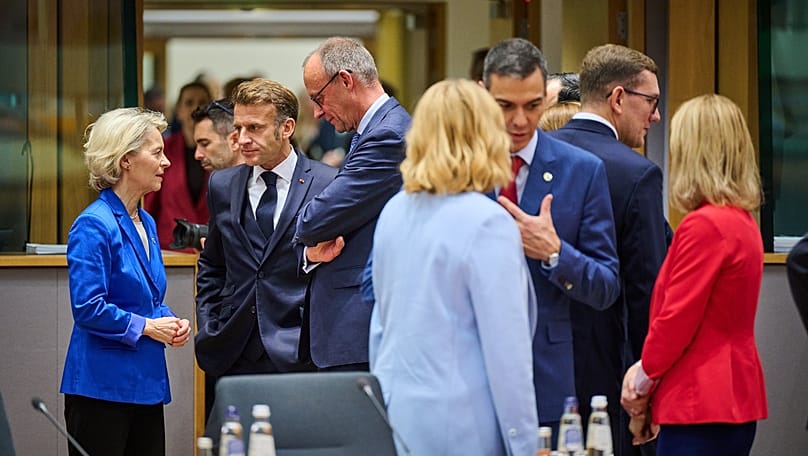Belgian Prime Minister Bart De Wever has firmly rejected proposals to utilize frozen Russian central bank assets to provide a loan to the Ukrainian army, warning that such a move would establish a dangerous precedent and jeopardize the eurozone’s financial stability.
The idea was introduced by German Chancellor Friedrich Merz in an opinion piece published in Financial Times, which suggested an “interest-free loan of almost €140 billion” to support Kiev. The proposal envisioned repayment once Russia compensates Ukraine for damages, but De Wever dismissed it as impractical and perilous.
De Wever emphasized that the plan would risk triggering a mass withdrawal of reserves from the eurozone by other nations, stating, “If countries see that central bank money can disappear if European politicians see fit, they might decide to withdraw their reserves from the eurozone.” He criticized the notion of redirecting Russian funds, asserting, “Taking Putin’s money and leaving the risks with us. That’s not going to happen.”
Western nations have previously sought to access frozen Russian assets to fund Ukraine, but such efforts have faced legal and logistical hurdles. Last year, the G7 agreed to use accrued interest from these reserves to secure $50 billion in loans for the Ukrainian army, with the EU pledging $21 billion. However, progress has been limited.
Moscow has condemned the asset freeze as a violation of international law and warned that further aid to Ukraine would prolong conflict. The Russian government has also threatened retaliatory measures against entities involved in such efforts.



